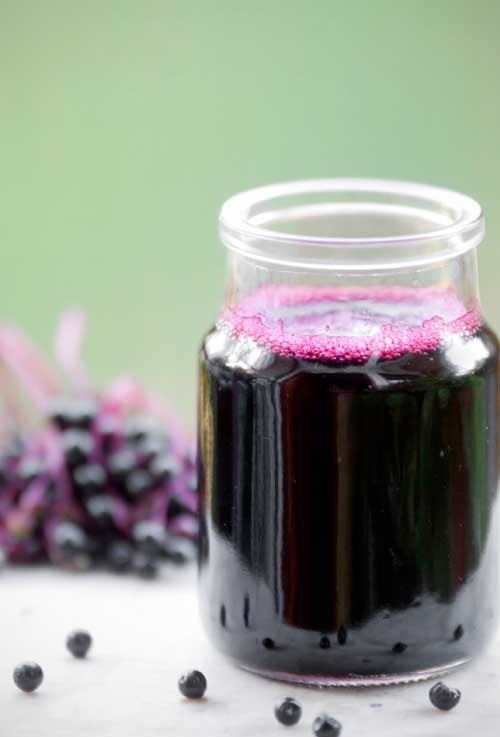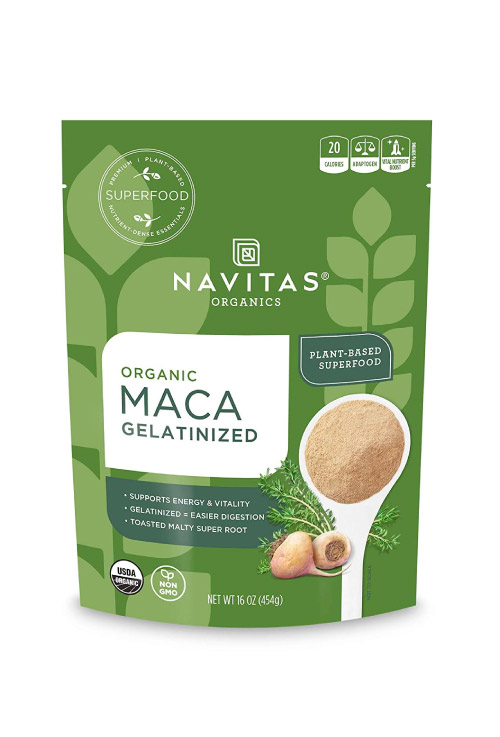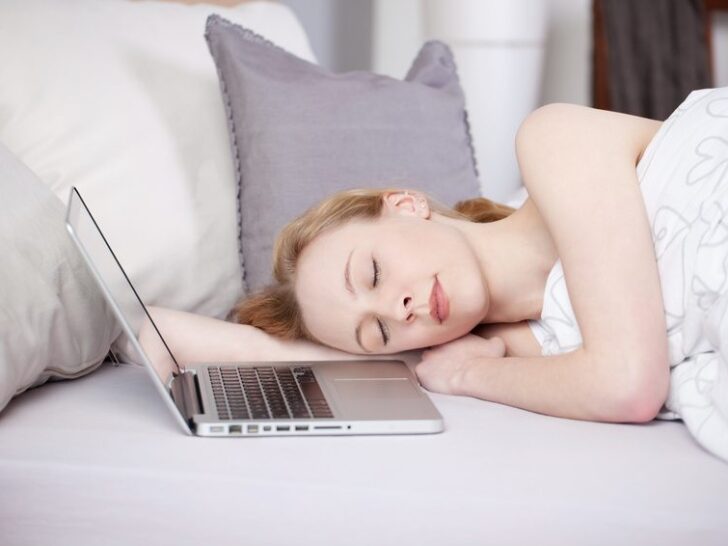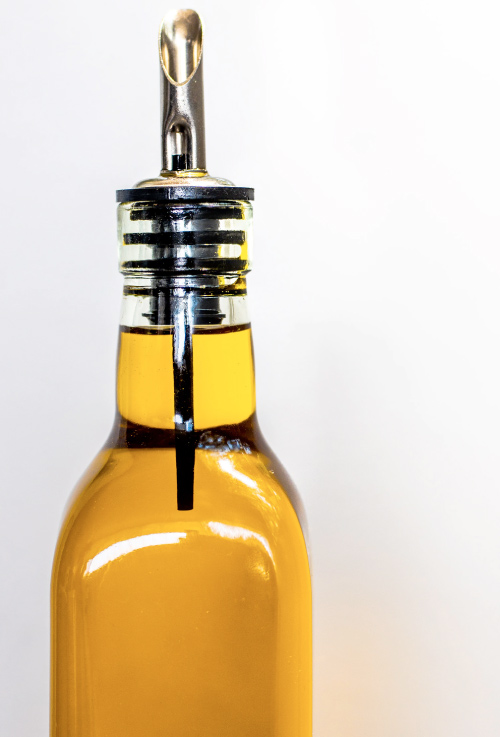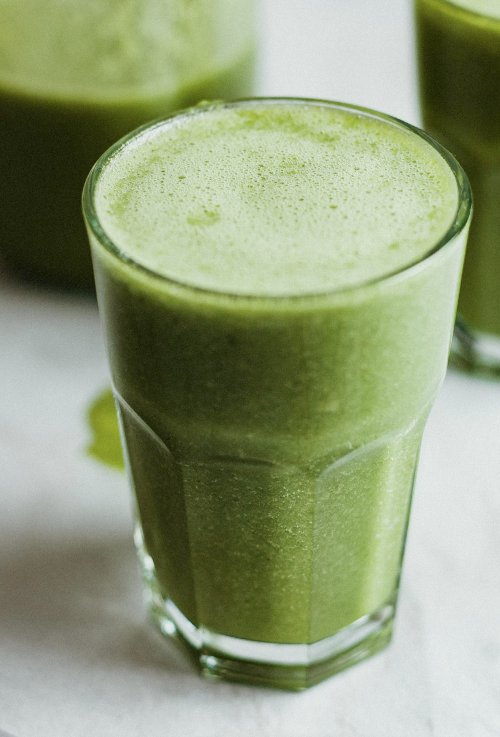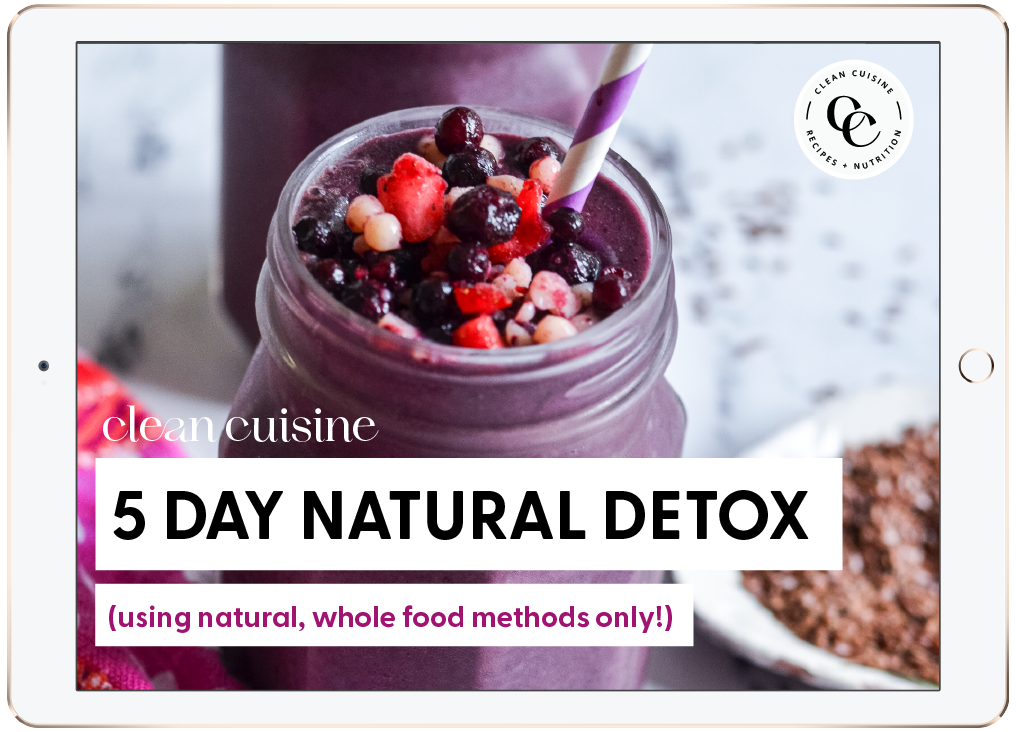What is environmental stress?
Environmental stress is exactly what it sounds like; any stimuli in our environment that leads to stress, or anxiety. This is an important topic, because long-term stress leads to hyper arousal of our body’s cortisol levels.
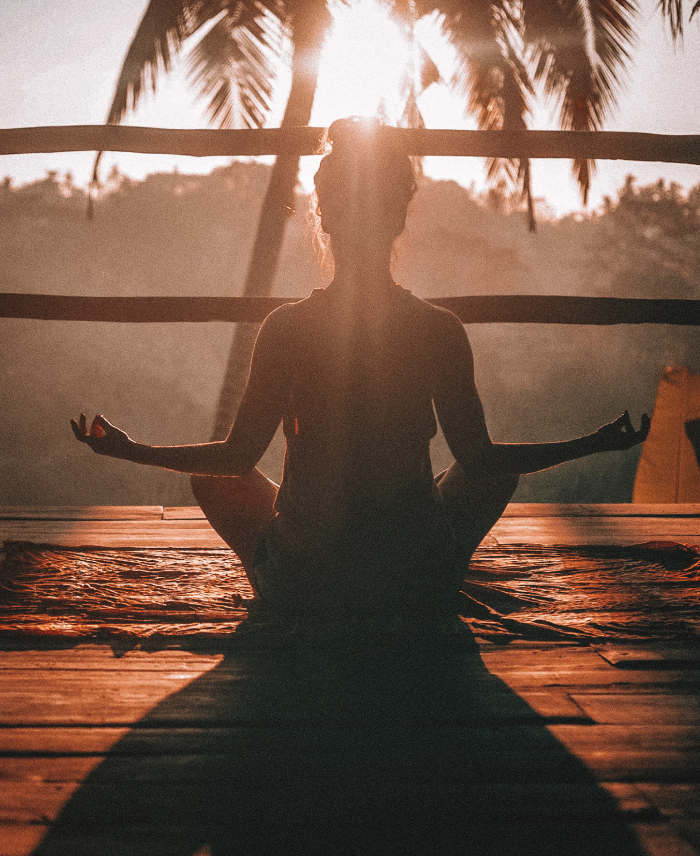
This, in turn, desensitizes our tissue’s sensitivity to cortisol, therefore, negatively altering cortisol’s ability to regulate our inflammatory, and immune responses. Because inflammation is the body’s natural way of healing, inflammation becomes correlated with stress. When chronic, this leads to continual tissue breakdown, and deteriorates on our immune system. See more information here!
Simply put, chronic stress can lead to chronic inflammation, which can lead to sickness, and many diseases, including autoimmune disease.
Although some of these are out of our control to an extent (crowds, natural disasters, traumatizing events, air quality, etc.), today, we will be covering the ones we CAN control.
Is stress always bad?
In short, absolutely not! In moderation, stress isn’t bad at all. Stress is actually very important. Our bodies transitioning into “fight or flight” mode has protected us for years against danger. However, long-term stress and anxiety is all too prevalent in our high stakes, fast-paced society, and is not the way things were designed.
The problem arises when we are chronically stressed, and our bodies are always in “flight or fight” mode. In turn, this can lead to anxiety disorders, disease, and majorly effect our quality of life.
On the bright side, there are numerous habits we can form to minimize these stressors, and take back control of our mind, emotions, health, and life. Let’s get started!
6 WAYS TO REDUCE STRESS
#1. Sleep
Sleep plays an integral role in the state of our health, and affects nearly everything. Studies have found that even partial sleep loss (even before total sleep depravation) led to higher inflammatory markers, which in turn, increases ones chances of developing disease and ailments. Read more on these studies here and here.

We know that getting more sleep is easier said than done, so here are some practical tips to help you get those extra hours your body is craving:
- Blue Light Filter Glasses: Blue light has a short wave link, and is the light found in all of our electronic devices, among other things. This light stimulates our mind, and plays a big role in delaying/decreasing our melatonin (a hormone essential for sleep) production. You can read all about this here. In theory, this means one of the best things you can do is to cut out all electronic exposure one or two hours before bedtime. However, this is not an option for everyone. For people who work late into the evening, or college student’s who are overloaded with schoolwork, shutting down electronic use is simply not an option. This is where blue light glasses come in! Blue light glasses contain a filter that block blue light, enabling you to continue using electronics, while blocking out the stimulating blue light from screens. I’ve noticed my “wind-down” time has majorly decreased since using these regularly, and my sleep quality has increased! You can find my favorite pair here!
- Magnesium Oil: Magnesium is an essential mineral for the body to properly function. From it’s anti-inflammatory affects, to aiding in healthy bowel movements, it also plays a major role in our quality of sleep! Magnesium helps to activate the parasympathetic nervous system (rest and digest), which is responsible for helping us relax, and prepare for sleep. In addition, it aids in regulating the essential sleep hormone, melatonin, which determines our “sleep-wake” cycles. Read all about this here! So why magnesium oil? Well, our skin is the largest organ on our bodies, and is highly absorbent. Topically applying magnesium helps to skip past the stomach, and pass straight through our skin, into the lymph and local vascular system, and then into our bloodstream! Read about this here. This magnesium oil by Seven Minerals is not only high quality, but very cost efficient! You can buy it here.
- An Early Bedtime Routine: Like mentioned above, we understand that beginning your bedtime routine early is not an option for everyone. However, if this is an option for you, it will greatly aid in falling asleep at your desired time, and increasing the quality of your sleep. Our recommendation is to choose a bedtime that allows you at least 7-9 hours of sleep per night (some people do well on a little less, while some need more), and beginning your “wind-down” routine 1-2 hours before that time. For me, this means putting on my blue light filter glasses, showering, taking all my bedtime supplements, getting in pajamas, reading a devotional, and getting comfy in bed with some quiet music in the background.
2. Meditation and Yoga

I know we hear it all the time, but we hear it all the time for a reason! Yoga is not only physical, but also a mental practice. It has been proven to greatly aid in stress reduction, overall physical wellness, and mobility (which most of us need sitting at a desk so many hours of the day). Although yoga classes and formal poses are great, they are not necessary, and you can practice yoga however you’d like! I love using The Calm App for guided meditation, while stretching, and doing whatever feels good for my body. You can read more about the benefits of yoga here!
3. Supplements
Although supplements aren’t going to be the end-all-be-all for eliminating your stress, they can play a major role in decreasing your cortisol levels, and increasing the hormones and levels you need for sleep, and relaxation. *These are all a part of my bed-time routine in addition to using some throughout the day*

- GABA: GABA is a neurotransmitter inhibitor, which means that it helps to block particular signals in the nervous system. It has been studied to reduce anxiety, and stress, as well as improve sleep! It is one that I take anytime I’m feeling anxious throughout the day, but always before bedtime to help me relax, and get ready to sleep. Buy GABA here!
- 5-HTP: 5-hydroxytryptophan is an amino acid that is already produced by your body, but plays a major roll in serotonin (the happiness hormone) production. So not only does this help to increase overall happiness, but it can be converted into melatonin, which like stated before, is integral in our sleep cycle. Buy 5-HTP here!
- Ashwagandha: Ashwagandha is a medicinal herb, and adaptogen (helps to lower stress) that has been used for years for a variety of reasons. This herb has a long list of benefits, but for the sake of this article, we will continue to focus on stress and sleep. Ashwagandha has been studied to reduce cortisol levels, as well as stress and anxiety. I love to add ground of ashwagandha root to my smoothies, or simply take them in capsules during the day! Either way, this has majorly helped to decrease my chronically high cortisol levels, and is one supplement I couldn’t live without. Buy ashwagandha here!
- Valerian: Valerian root is often consumed through tea, and helps to promote sleep, and reduce anxiety. Some of the reasons for these benefits include it’s content of valerenic acid, isovaleric acid, and other antioxidants. Valerian works with GABA by aiding in it’s breakdown, and providing a calming effect. I love drinking a glass of this before bed to help me relax, and calm down for the night. You can buy it here!
4. Reduce Caffeine:
Coffee is part of the vast majority of American’s morning routines, making caffeine the most popular drug in America. If you have ever tried to get off of caffeine, your withdraw symptoms would let you know first hand that caffeine truly is a drug! However, caffeine affects can often mimic the symptoms of extreme anxiety, ranging from fast heart rate, to nervousness, to trouble sleeping at night. If you already have anxiety, this just increases it that much more! However, I’m not asking you to give up caffeine completely, or even throw out the coffee! I have some great alternatives to share with you:
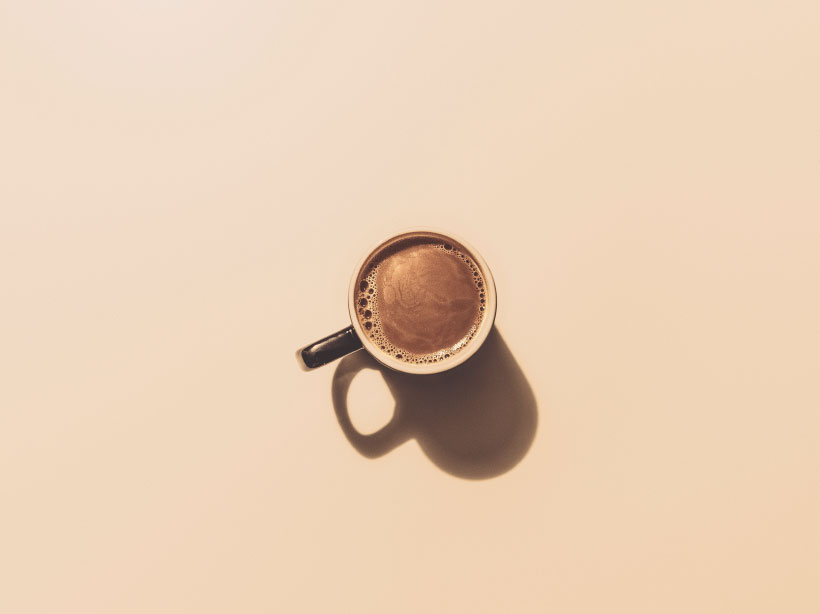
- Swiss Water Processed Decaf Coffee: Did you know that decaf coffee still contains small amounts of caffeine? An 8-ounce cup contains around 7mg of caffeine, while a regular, caffeinated cup contains around 95mg! Major difference! However, most decaffeinated coffee endured intense chemical processing to become decaf coffee, which completely defeats the point when it comes to health. Thankfully, coffee companies started seeing the pushback, and began a process called “Swiss water processing”, using water only to extract the caffeine. So if you love the taste and routine of coffee, but want to cut down on the stress and anxiety, switch to a decaf like this!
- Kombucha: Kombucha is a fermented tea (usually green and black teas) full of both prebiotics and probiotics, making it a synbiotic (truly, the best of both worlds)! Kombucha contains anywhere from 10-20mg of caffeine per serving, therefore, giving you that boost of energy, without all the jitter! When it comes to brands, be sure to choose brands without added sugar (sugar for fermentation purposes is okay), vague, or unnecessary ingredients. GT’s is our favorite brand for their straight forward approach, and the fact that they use kiwi juice instead of sugar for fermentation!
- Green Tea: Green tea is another caffeinated drink that contains about half the caffeine in coffee (30-50mg in 8oz). The best part is all the benefits it offers! Due to it’s high content of polyphenols, green tea is filled with antioxidants, and anti-inflammatory properties. It has also been studied to help reduce the risks of type 2 diabetes, and help to lower cholesterol. Read more about green tea here! Here’s an organic, whole leaf brand we love!
5. Exercise:

- Best Practices: You truly can’t go wrong with moving your body, and virtually any type of exercise will help to reduce stress. The best practice for this is finding what type of exercise you enjoy, and doing that a minimum of 3x per week. Some examples include:
- Yoga: As mentioned above, this exercise is great for aligning both the mind and body. Whether you choose to participate in restorative yoga, acro yoga, or hot yoga, any type is a great choice for promoting health, and reducing stress.
- HIIT: HIIT stands for high intensity interval training, and is exactly what it sounds like…high intensity! This is my personal favorite type of exercise, and is my favorite way to work off stress. However, this type of exercise doesn’t work for everyone, especially with autoimmune diseases. High intensity exercise like this has the potential to set off inflammation in an already inflammation prone body, but is definitely not this way for everyone! Consult with your doctor before participating in this type of activity, and see if it’s the right fit for you!
- Hiking: Hiking is a great way to step into nature, while getting in a great workout! Find some local trails, and start exploring your hometown!
- Tai Chi: Tai Chi is another mind-body focused practice, and involves gentle, fluid movements that both decrease stress, and strengthen the body. Tai Chi will aid in flexibility, while building strength, and cardio. It’s really an all-encompassing exercise, and is one everyone should try at least once! Here is more information on this practice.
Like stated above, stress is unavoidable, but can be learned to be handled in a healthy way. So whether you implement one of these lifestyle changes, all of them, or create your own methods, learning to take control over this aspect of life is one of the greatest gifts you can give yourself.
I hope this topic was beneficial to you, and would love to hear your thoughts! What methods do you implement to moderate stress?
